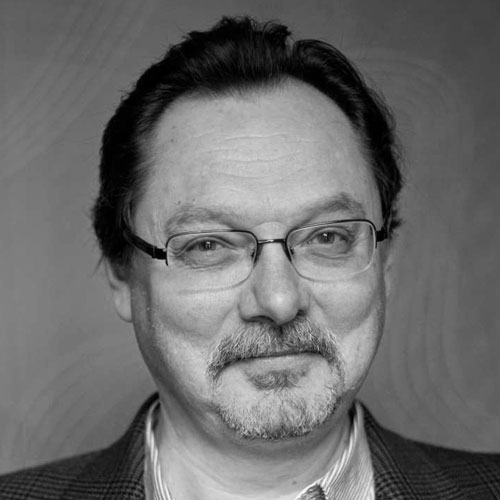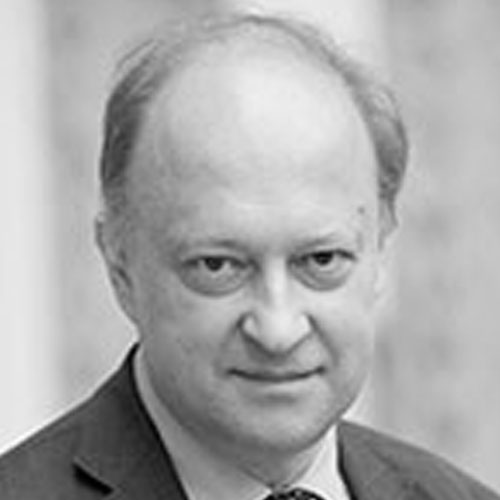Russian foreign policy is not merely a reflection of major power relations but is also a measure of dynamics in neighbouring countries. Several tenets underpin Russia’s grand strategy, namely national interests, great power ambitions, and historical grievances towards the Western dominated global system.
The 2000s witnessed two major crises in Russia’s post-Soviet sphere of influence in which the country was directly involved. In a quest to restore its territorial integrity, Georgia suffered a heavy loss in a hot conflict with Russia in 2008. Similarly, Ukraine lost Crimea to Moscow and was pushed out from some areas in its Eastern provinces.
Georgia and Ukraine are considered the “final frontier” by the Kremlin, a principle that seems entrenched in Moscow’s grand strategy and based in its anti-Western sentiments. Both conflicts mirrored Russia’s aggressive stance vis-a-vis any enhanced engagement with the Western alliance in its vicinity, whether the EU or NATO.
While the fear of ‘losing’ Georgia and Ukraine to the West is a major factor in Moscow’s calculations, the prospects of increasing democratic values in post-Soviet countries may also be perceived by Russia as a threat. This session will review Russia’s contemporary grand strategy as it relates to Ukraine and Georgia and outline potential scenarios for the region and beyond.
Discussion Themes
• What are the expectations, limits and possible outcomes of Russian grand strategy for the cases of Ukraine and Georgia?
• What drives Russia’s aggressive approach in neighbouring countries? What factors could lead to a change in Russia’s strategic outlook?
• Is it fair to analyse Moscow’s current aggressive stance in the context of a “security dilemma” given the Russian perception of the NATO threat?
• How important are the Ukrainian and Georgian cases as examples for other states in Russia’s vicinity?
• What are the prospects for future relations between the West and Russia? How will NATO respond Russian ambitions in Ukraine and Georgia?
Discussants
• Emil Advaliani – Director of Middle East Studies, Geocase
• Dmitry Suslov – Deputy Director, Centre for Comprehensive European and International Studies (CCEIS)
• Yulia Nikitina – Associate Professor of World Politics and Research Fellow at the Center for the Post-Soviet Studies at the MGIMO
• Muhammet Koçak – Research Fellow, Florida International University
• Gregory Simons – Researcher at Institute for Russian and Eurasian Studies, Uppsala University



